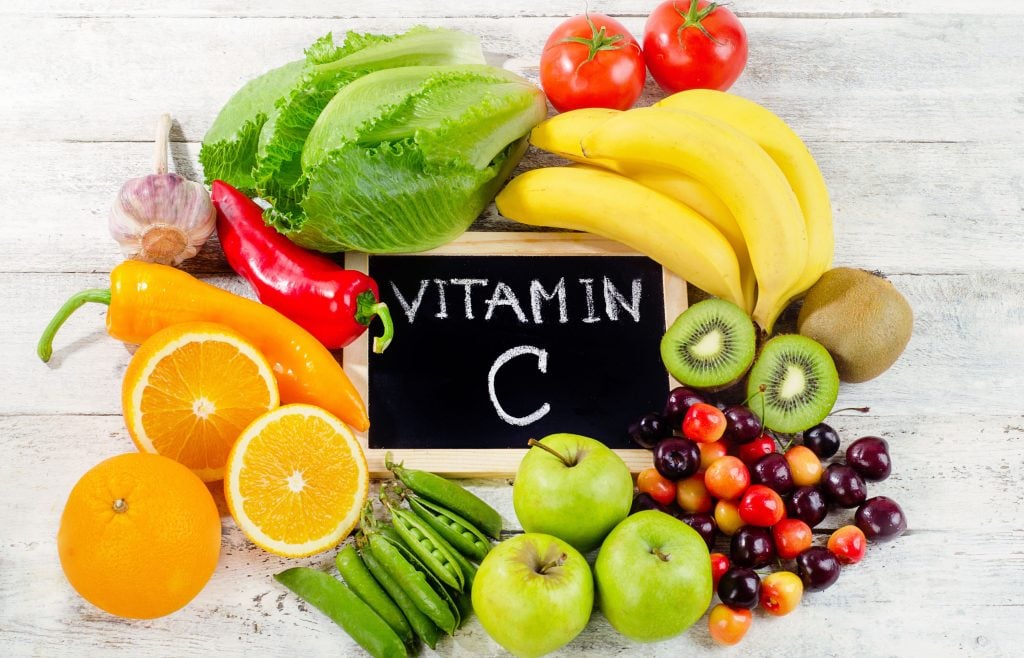
Recommended daily amounts of vitamin C and its importance for health
Recommended daily amounts of vitamin C and its importance for health
[the introduction]
Vitamin C is an essential and vital element in the daily human diet. It not only contributes to strengthening the immune system and protecting against diseases, but also plays multiple roles in many basic body functions. There are many opinions and researches about the ideal amount of vitamin C that should be consumed daily. In this article, we will review the scientific evidence and recommendations related to the recommended daily dose of vitamin C, and discuss its health benefits and food sources, to provide comprehensive and clear information about this important vitamin.
[The importance of vitamin C for the body]
Vitamin C is an antioxidant that plays an important role in protecting the body from damage caused by free radicals, which in turn contribute to various chronic diseases such as cancer and heart disease. In addition, vitamin C contributes to the process of collagen formation, which promotes healthy skin, blood vessels, bones and cartilage. It also works to enhance the absorption of iron from plant foods, which prevents iron deficiency anemia.
[Recommended daily amount]
The recommended dosage of vitamin C varies depending on an individual’s age, gender, and health status. In general, health organizations such as the National Institutes of Health ( NIH ) recommend that adult men consume 90 mg of vitamin C daily, while adult women recommend 75 mg daily, with this amount increasing for pregnant and breastfeeding women. These dosages are especially important for people who do not get enough vitamin C through their diet.
[Health benefits of vitamin C]
The main benefit of vitamin C is to support and strengthen the immune system. Studies have also shown that it plays a role in reducing the risk of chronic diseases, reducing the duration and severity of colds, and protecting the skin from damage caused by exposure to the sun and pollution. In addition, vitamin C plays a major role in accelerating the healing process of wounds and maintaining the health of the gums and teeth. (Source 3)
[Food sources of vitamin C]
Vitamin C is found in abundance in fruits and vegetables, especially citrus fruits such as oranges, kiwi, guava, green peppers, berries, strawberries, and tomatoes. Experts stress the utmost importance of obtaining vitamin C from natural food sources, in order to obtain its complete nutritional benefits in addition to the other beneficial plant compounds contained in these foods. (Source 4)
[Risks of Vitamin C deficiency and excess]
Despite its many benefits, vitamin C deficiency can lead to health problems such as scurvy, a disease caused by a lack of vitamin C for a long period of time. On the other hand, excessive intake of vitamin C, especially from supplements, can lead to health risks such as digestive disorders and kidney stones. Therefore, it is always advisable not to exceed the maximum recommended daily intake to avoid side effects. (Source 5)
[Conclusion]
Vitamin C is an essential part of our daily diet, not only for its many functions in supporting overall health, but also for its ability to combat a wide range of diseases. By following daily recommendations and including food sources rich in vitamin C in the diet, general health can be improved and the ability to prevent diseases can be enhanced. Let's remember to consume vitamin C in moderate amounts and rely on natural sources
